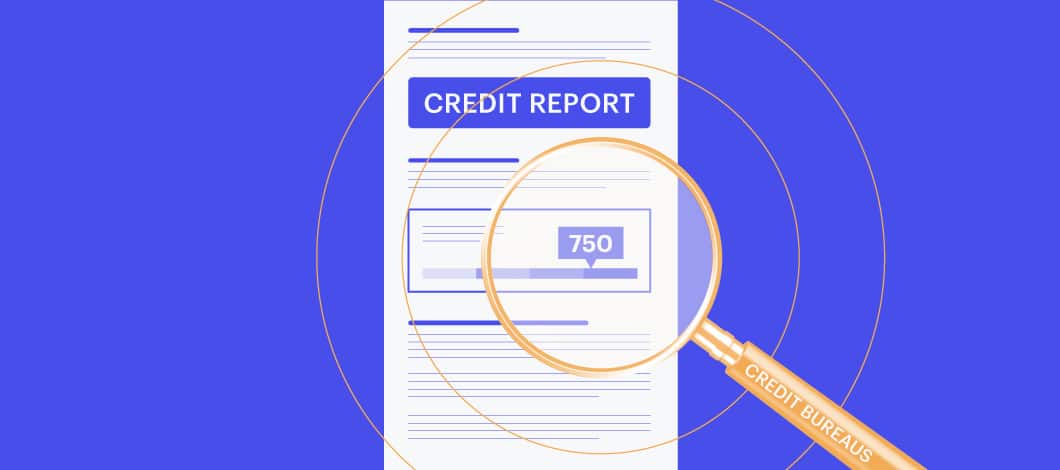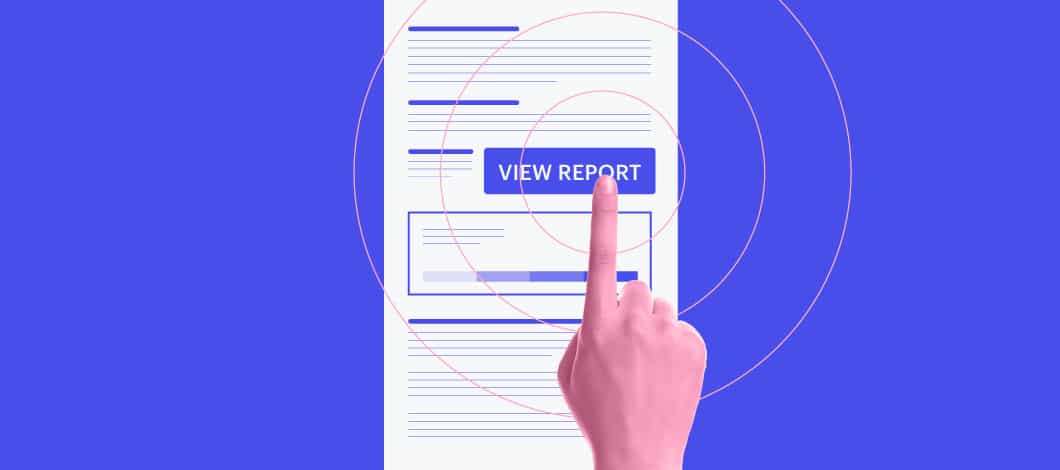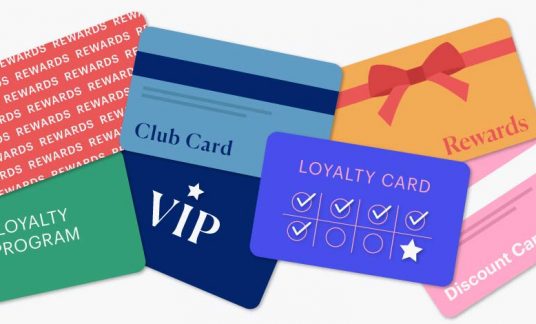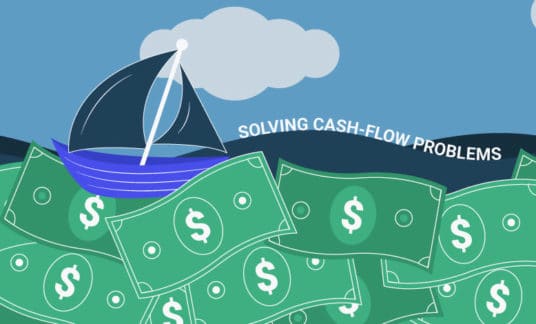You’re probably familiar with the idea of credit scores and how they can impact your ability to take out loans or conduct other business activities. But do you know how your scores are determined — and which lenders can affect them?
Credit scores for small businesses are issued by 3 major business credit bureaus: Dun & Bradstreet, Experian Business and Equifax Small Business. While they use information from public records, Unified Commercial Code (UCC) filings, business registrations, corporate financial reports, media stories, self-reported data, etc., they mostly rely on private lenders or creditors to report payment information to compile their ratings.
Find out:
- Who can report to credit bureaus
- What is reported to credit bureaus
- When companies report to credit bureaus
- What it means to work with lenders that report to credit bureaus
- Which alternative lenders report to credit bureaus
Who Reports to Credit Bureaus?
Credit bureaus get their information from the following:
- Banks, credit card issuers, lenders, collection agencies and peer-to-peer lending sites. Such entities can furnish positive and negative payment information to credit bureaus.
- Utility companies, telecommunication providers and landlords or rental property managers. Though all can report negative information, they may not be able to report positive information, depending on state law and other regulations.
Note that individuals such as friends, family members and business partners can’t report any payment information.
Are Creditors or Lenders Required to Report to Credit Bureaus?
Creditors and lenders aren’t required by law to report to any credit bureau. But most banks and financial institutions voluntarily report on-time payments, late payments, purchases, loan terms, credit limits and balances owed to one or more of the 3 major business bureaus.
Lenders also report significant events such as account closures or charge-offs (e.g., a mortgage being paid off). The data collected is used by the credit bureaus to compile credit reports, and as such, the reported information can impact a business’s credit scores.
Since credit reporting isn’t mandatory, lenders can choose to report to all 3 credit bureaus, 1 or 2 of them or none at all. Also, they don’t have to reveal which credit bureaus they report to.
Why Do Creditors or Lenders Report to Credit Bureaus?
The credit reporting system creates a symbiotic relationship between data furnishers. When a lender or creditor reports to the credit bureaus, it’s providing valuable information to help its fellow business owners or creditors make informed decisions when extending credit and making promotional offers.
Companies that report information to the credit bureaus incur a cost to do so. To become a data furnisher, they need to meet credit bureau reporting requirements and go through an application process to verify their credentials.
Once a lender is ready to evaluate a potential borrower, it can leverage the information from the credit bureaus for its assessment. This can save everyone from working with customers who are less likely to make payments.
The more companies participate in the reporting system, the more accurate the data is and the more everyone can benefit. Also, because lenders need to go through a vetting process, being a data furnisher can help demonstrate their credibility and attract more loan seekers to them.

What Is Reported to Credit Bureaus?
A business’s credit report begins when the company is incorporated and receives a federal tax identification number. Business credit reports are public information and can be accessed by anyone.
The following types of information and activities are reported to and collected by the 3 major credit bureaus:
- Ownership information, subsidiaries, company finances and risk scores
- Public records, such as bankruptcies and tax liens
- Credit account information, including payment history, account balance, age of the account, date of the last activity, high credit on the account and credit limit
- Debt and debt collection history
Credit-rating firms also consider tradelines, which are records of your loans and lines of credit. The information includes the type of loan, creditor name, date opened, date of last activity, loan balance, maximum balance, account status, comments, liability on the account, amount past due and amount of last payment.
When Do Companies Report to Credit Bureaus?
Different businesses file on different days and at different intervals (e.g., daily, monthly or quarterly), so a company’s credit report is continually updated to reflect the latest information.
For example, most credit card companies report customers’ balances on their statement closing dates. Meanwhile, different bureaus update their credit reports at different speeds and frequencies.
How Do You Know If Your Creditor or Lender Reports to a Credit Bureau?
The best way to find out if your lender reports to the credit bureaus is to ask.
Since reporting to the credit bureaus isn’t required by law, not all creditors or lenders choose to do so. Oftentimes, smaller lenders may report to only 1 or 2 of the bureaus, or not at all.
Consider working with lenders that report to all 3 business credit bureaus to ensure your positive payment history is updated across the board. This can prevent discrepancies while ensuring that future creditors are getting the most accurate information about your business no matter which credit bureau they pull reports from.
Borrowing From Lenders that Report to the Business Credit Bureaus vs. Those That Don’t
Your business is its own entity and has its own credit history. You need to build up its creditworthiness so you can more easily secure business loans or obtain business credit cards in the future. This is particularly important if your company is relatively young or doesn’t have a good payment history.
One of the best ways to build your business’s credit is to borrow from a creditor that reports to all the credit bureaus and then practice stellar borrowing behaviors, such as paying in full and on time to build your creditworthiness over time.
On the other hand, borrowing from lenders that don’t report to the credit bureaus, which is common of alternative lenders, means the amount of funding you receive doesn’t reflect as additional debt on your credit report. The advantage to this is that you can use the funding you get to pay down existing business debt that is reported on your credit report and start rebuilding your credit (e.g., use alternative financing that’s not reflected on your credit report to pay off a business credit card that is on your credit report).

3 Alternative Lenders that Report to Credit Bureaus
Many small businesses are stuck in the chicken-and-egg conundrum. They need to establish credit history through borrowing, yet it’s often difficult to get a loan from conventional lenders (e.g., banks) without a good credit score.
To start building your business credit history, consider taking out a loan from an alternative financing provider that reports to the credit bureaus, such as the following:
BlueVine
Although relatively new to the industry, BlueVine is a line of credit provider that’s worked with more than 20,000 customers. It charges a fixed simple interest rate with no origination fee.
In partnership with FundThrough, BlueVine also offers invoice factoring lines of up to $5 million. The process automatically syncs invoices from your accounting software and takes about 10 minutes. Your credit limit will depend on the value of the invoices you choose to submit.
Because you can receive the money as soon as a few hours post-approval, BlueVine is ideal if you need funding within 24 hours. It also works well for business owners who have pending invoices and need continuous access to funds.
OnDeck
OnDeck specializes in short-term loans and business lines of credit, offering quicker funding with looser loan qualifications than most banks. Loan amounts range from $5,000-$250,000, and funding can become available within 24 hours of approval.
You can choose from daily or weekly payments, which OnDeck will automatically deduct from your business bank account.
OnDeck is ideal for businesses that face unexpected expenses or need to bolster cash flow during slow seasons. Its looser lending guidelines make it easier to borrow money if you have a less-than-perfect credit score.
The Business Backer
The Business Backer purportedly reports to the Experian business credit bureau and is a good resource for fast, short-term financing. This lender offers fixed interest rate small business loans or purchase of receivables of up to $200,000 as well as business lines of credit up to $100,000.
While the company works with borrowers who don’t have excellent credit ratings, it does charge higher fees than some other lenders.
That said, The Business Backer is a sound choice if you have a personal credit rating of 550-560 or higher but can’t qualify for business loans at lower interest rates. You need to be in business for over a year and generate annual revenue of $100,000 or more to qualify for the provider’s loan or have 6 months in business and $50,000 in annual revenue for a business line of credit.
Improving Creditworthiness With Lenders That Report to Credit Bureaus
Having a high business credit score can help you more easily qualify for financing and receive better loan terms. When you use business credit, you can separate your personal and business financial obligations, which can help protect your personal finances. Also, you can negotiate better terms with suppliers and access more avenues to obtain cash for growth and expansion.
Working with lenders that report to credit bureaus and demonstrating stellar borrowing behaviors is one of the best ways to improve your business’s creditworthiness. The information will be incorporated into your payment history and, therefore, reflected in your business credit scores.
While many factors affect how you choose a financing provider, using a lender that reports to the credit bureaus can have a lasting impact on your business’s credit history and borrowing reliability.










